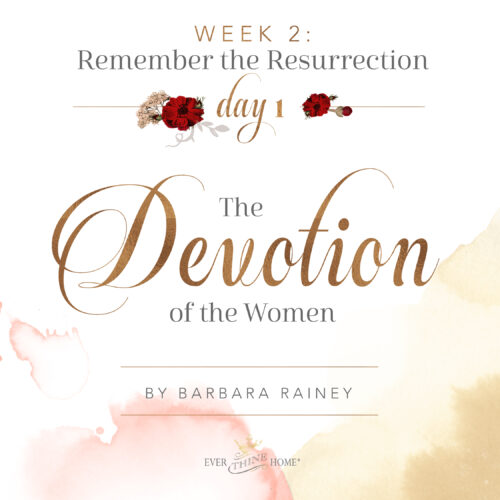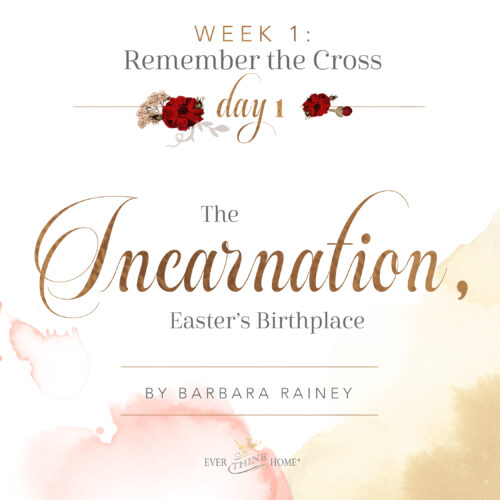It was the end of a long playdate, and a couple of friends and I were helping our children corral Star Wars action figures and Legos into their proper homes for the night. Thankfully, playtime for the kids had left margin for deeper conversation by their mothers, and we sopped up the last few minutes of discussion. The topic, unfortunately, had drifted toward a place of significant pain for me. My heart was sore, and my friends recognized this.
One friend, a spirited Irish missionary who’s lived in at least four African countries, spoke plainly with words that strangely lifted my spirit: “You know, it’s okay that you’re not over this. You don’t need to rush past it all and pretend that you’re okay. Remember that those who mourn are blessed.”
This reminded me that the Bible talks openly about a time for mourning and a time for dancing. The Psalms, too, are laden with passages of biblical lament. God’s seasons in our lives are carefully woven with times of grief over what is not right about this fallen world. The Beatitudes don’t promise that those who mourn will be happy, but simply, profoundly, blessed.
God’s commands for joy at all times don’t imply a Pollyanna, blithe, “Think happy thoughts!” Instead, they press us to sink the anchor of our souls into something far more trustworthy: God’s all-surpassing, faithful goodness in the midst of searing pain. Scriptural mourning, I believe—think Jesus weeping, though with the knowledge that Lazarus will soon emerge, wrapped in grave cloths—involves firmly declaring what is wrong, about a place where sin has rendered something less than God’s rich intent. Simultaneously it declares, This is not right. But there is One who is.
And that, I think, is part of the beauty of celebrating Lent this week. It is choosing to marinate awhile in the acrid vinegar of Christ’s suffering, in all He took to the Cross for the sake of love.
At this time when modern-day parents are encouraged to shield their children from all forms of disappointment; where we anesthetize ourselves as rapidly as possible from pains of all sorts—meditation on suffering may seem foreign, even irrational. But remembering the extent of Christ’s ransom for us only heightens the ecstasy of a deserted tomb, save a pile of folded linens.
It reminds us too, that God has a purpose—a “Risen” purpose—for the crosses we each bear, that slope our shoulders and dig their slivers into our raw backs. Lent is not the end of the story, but only the beginning. Allowing this season to steep in our souls proclaims His faithfulness on Good Friday, as well as on Easter Sunday.





